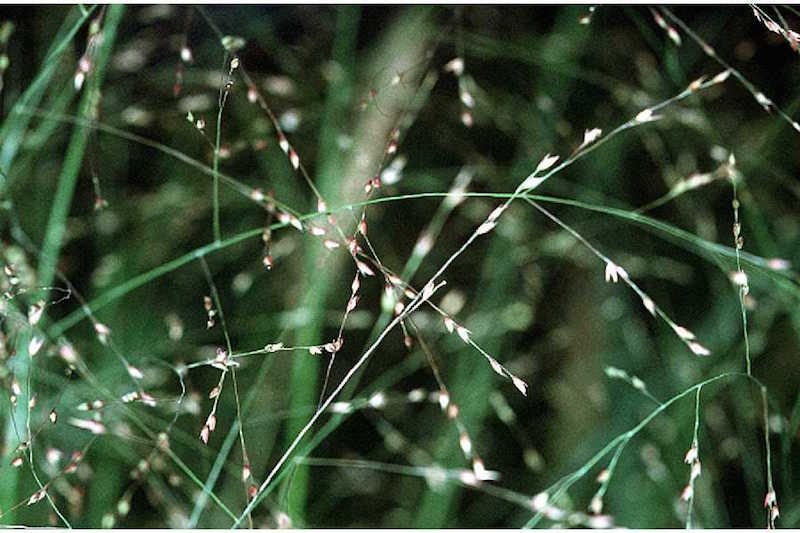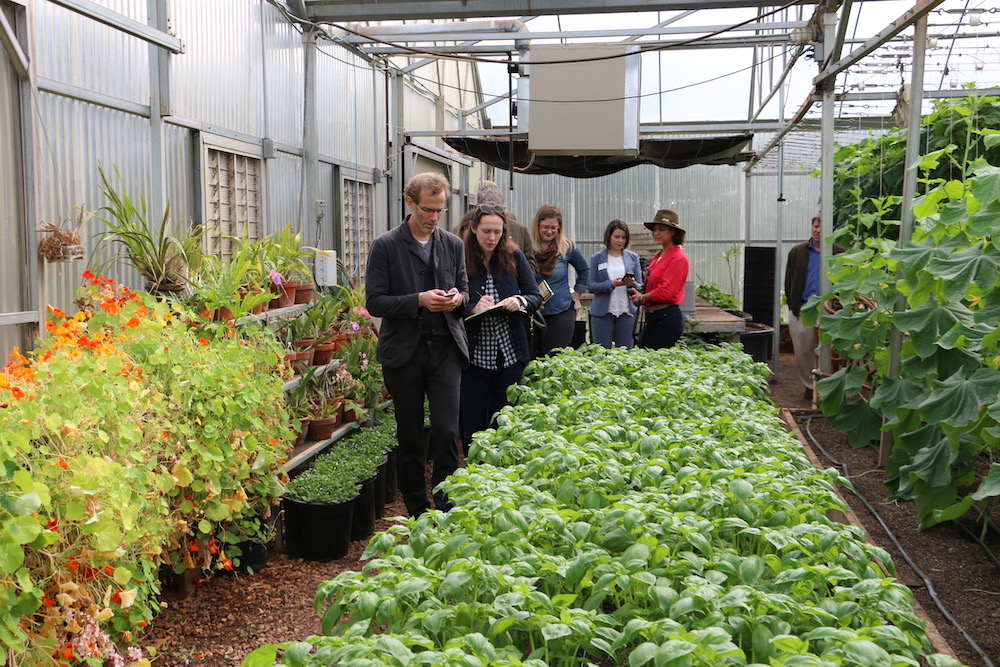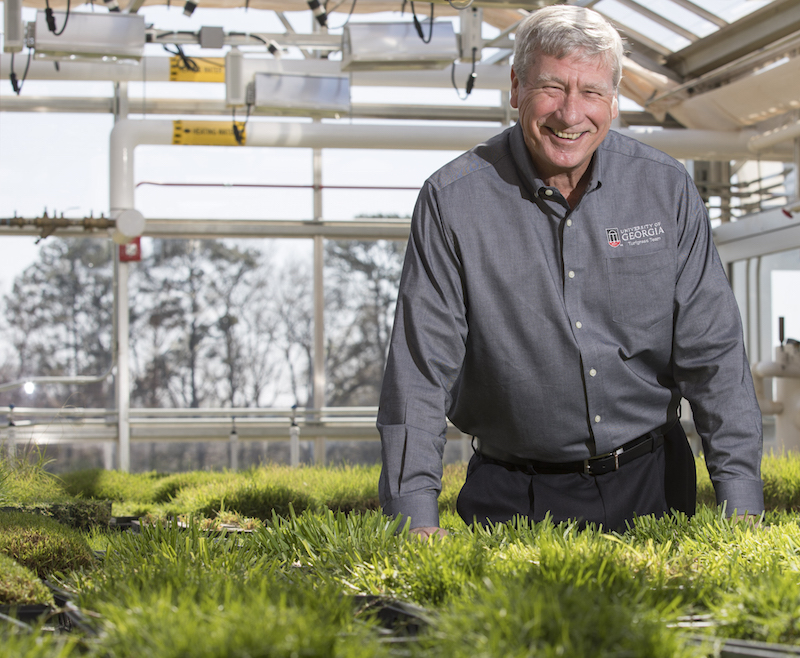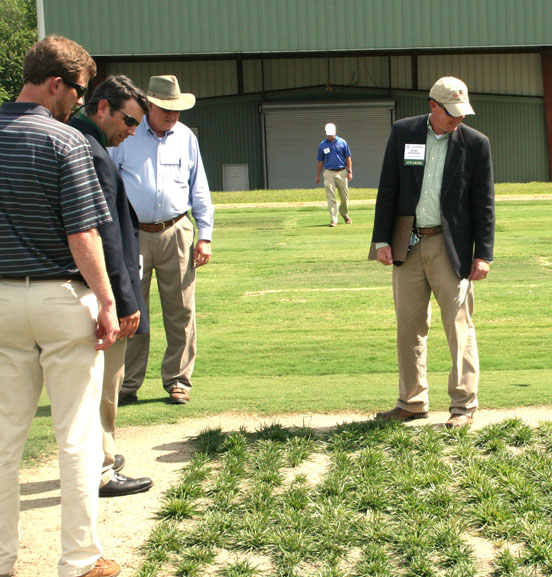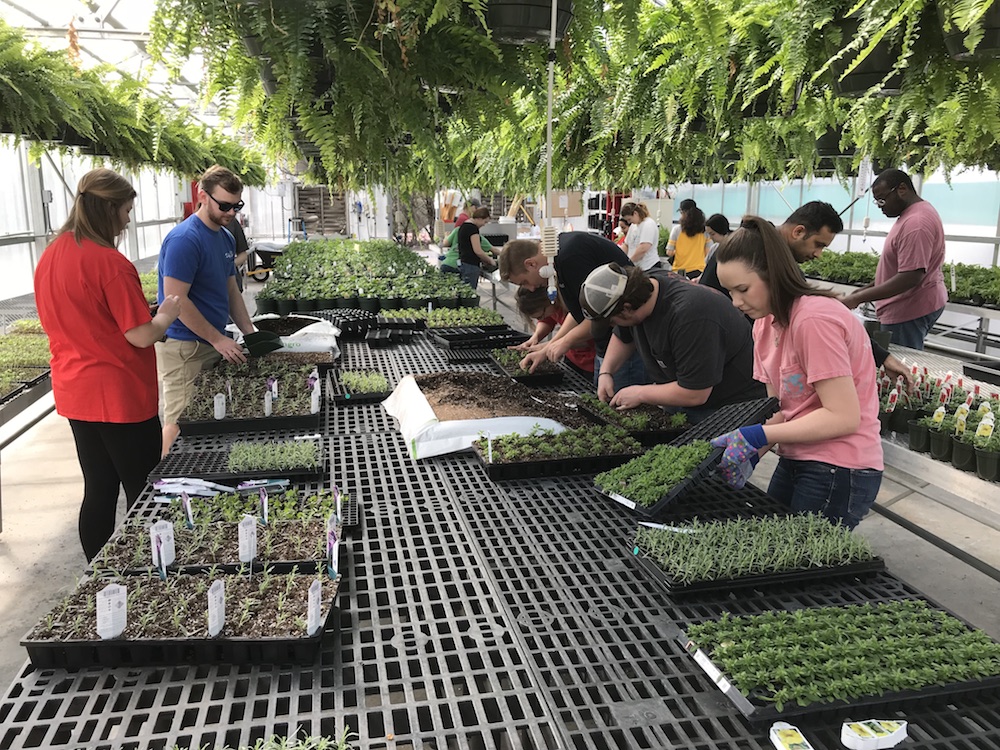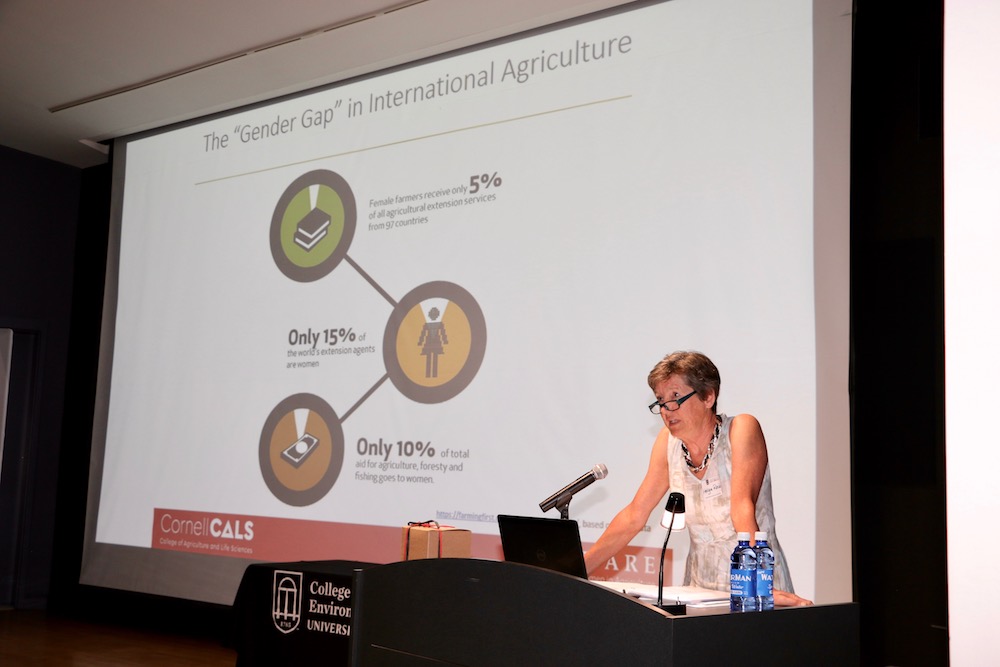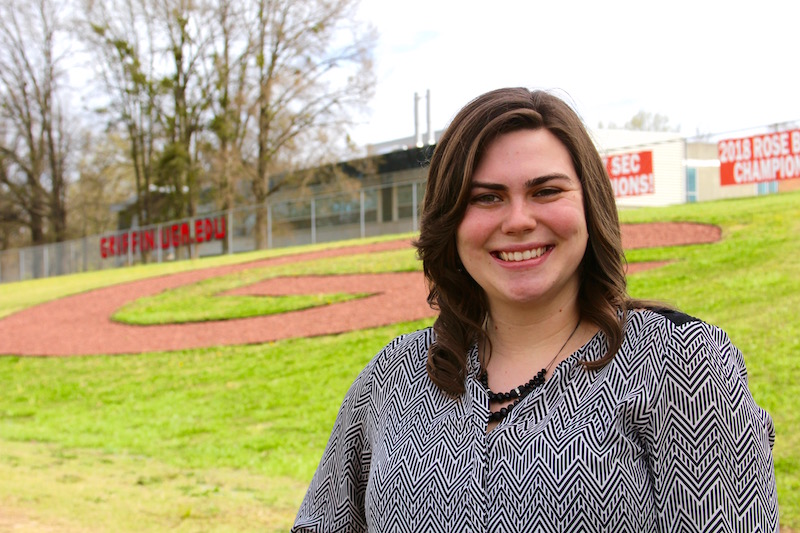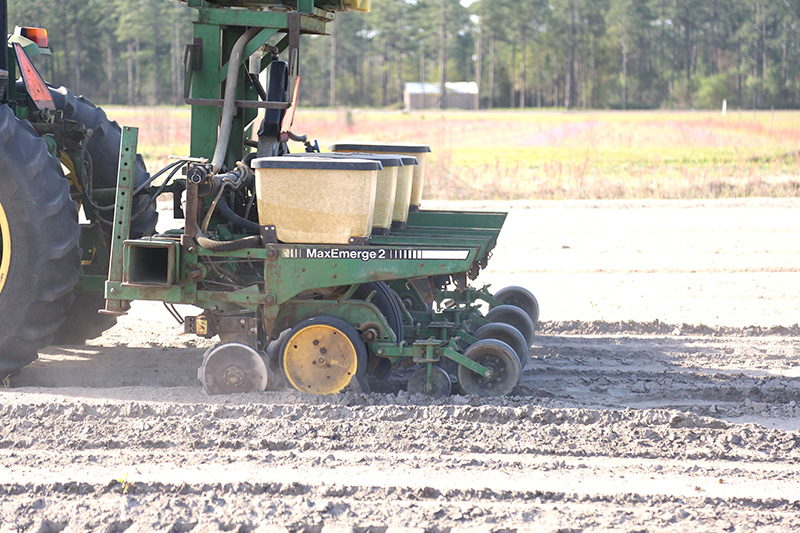 CAES News
CAES News
UGA agriculture climatologist says expect dry planting conditions this spring
Georgia farmers should expect dry weather when they plant their crops this spring, but Pam Knox, University of Georgia College of Agricultural and Environmental Sciences agricultural climatologist, anticipates an active tropical storm season in the Atlantic Ocean this summer.

